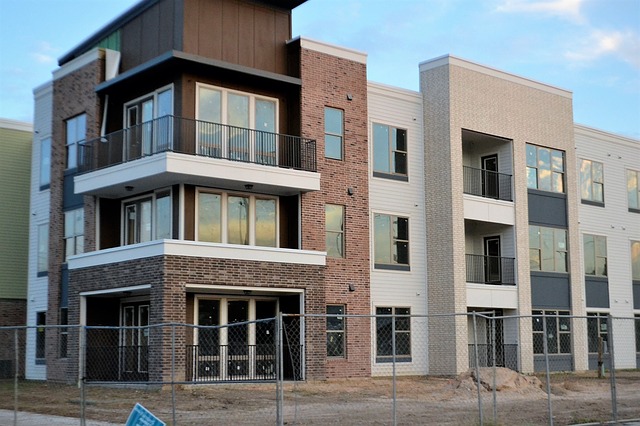The Tenancy Deposit Scheme became a legal requirement in 2007. Now, 12 years later, it has provided protection for hundreds of tenants and property owners. Deposits act as security in case of damage when the tenant moves out. Yet some landlords prefer not to take a deposit, opting instead for a zero deposit tenancy. There are both drawbacks and benefits to opting to let property on a no deposit tenancy. Instead of taking a deposit, a small insurance policy is set up, often the value of about one week of rent.

Benefits of Zero Deposits
The first and most obvious is that tenants will be more attracted to your job listing on Pads for Students. This is especially beneficial to this demographic because they are on a limited budget. Sometimes, otherwise good quality student tenants can be put off by a large deposit alone if they don’t have the cash. After all, they are asked to find the money for a deposit many months before they even get their student loan. Evidence suggests you will get 26% more enquiries with a zero deposit tenancy.
The benefit to the landlord is that there won’t be any admin fees as there are with assured Tenancy Deposit Schemes. Landlords who prefer to rent without deposits often argue that they have a history of reasonable tenants who own up to breakages and either replace or pay for them. By removing the (often steep) deposit for tenants, it speeds up the process of securing a property for the students.

Drawbacks of Zero Deposit Schemes
While the prospect of paying no deposit is an attractive proposition for tenants, it doesn’t come at no cost. Instead of securing a deposit against a tenant who uses that money to ensure they can move in, the property owner or their agent will pay an insurance premium. This could leave you out of pocket more than the deposit scheme which comes at relatively low cost administratively.
Most property owners will only experience low-level problems such as late rent but when there is a problem tenant or a previously good tenant with a relationship gone sour, the lack of a deposit scheme provides coverage in the result of a problem. When issues occur, the landlord should first seek to address them with the tenant. If problems are not resolved, they must then apply to the insurance scheme for help. As with most insurance schemes, this can be long and drawn out and take a while to get your money back. Nobody wants to countenance a court case, but this is more likely with a zero deposit scheme.
Whether you choose to accept a deposit or offer student rental property on a zero deposit plan, Pads for Students offers you the choice.